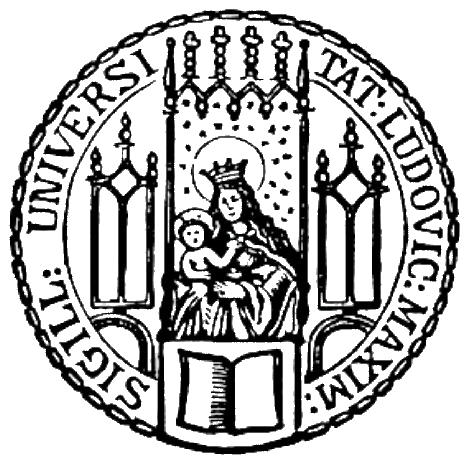
SyNergy

Munich Cluster for Systems Neurology
Traditional nosology holds that neurological diseases can be separated into mechanistically distinct families, including neurodegenerative, inflammatory and vascular conditions. Underlying this classification is the assumption that disease manifestations relate in a categorical fashion to a discernable mechanism. As a result, research efforts have traditionally reflected this categorization, and are mostly focussed on one or another of these mechanisms. However, recent insights have revealed a more complex relationship between different disease mechanisms and prompt a rethinking of the relationship between disease entities and their underlying mechanisms. Such reassessment suggests that distinct disease manifestations can not be explained in isolation but instead all root in an intricate network of shared pathomechanisms.
To appropriately address these entangled “network” relationships, novel research tools and integrated approaches are needed. One approach that has been developed in basic life sciences to decipher such complex interactions and the resulting “emerging properties” is systems biology. Systems approaches have proven their power to analyse simple model organisms and the physiology of small neuronal networks, yet are only beginning to be applied to questions of immediate medical relevance. Neurological diseases meet the central theoretical tenet that motivates systems approaches: they affect one of the most complex biological systems, the human nervous system. While not all aspects of systems biology and systems neuroscience can be directly transferred into the realm of disease-oriented biomedical research, we believe that many of the tools that enable comprehensive quantitative study of dynamic systems are of direct relevance to the investigation of neurological disease. The application of such tools and concepts to neurological diseases is currently emerging – a new field that we call “systems neurology”.
The re-evaluation of how neurological diseases arise calls for new approaches on multiple levels. We therefore propose the establishment of the SyNergy cluster, a new research framework that will use an integrative approach to measure, model and modulate the emergence of neurological disease within intact organisms. SyNergy aims to overcome the boundaries between traditional “pathomechanisms” by fostering close interdisciplinary collaboration . This will be achieved
- by establishing “Tandem Projects” that focus on links between the pathomechanisms of degeneration, inflammation and glio-vascular dysfunction, ranging from basic to clinical research; and
- by recruiting and promoting young “rising-star” scientists as “SyNergy Professors” to bridge the gaps between isolated pathomechanisms.
With these instruments, the SyNergy cluster aims to establish an internationally recognized research center for systems neurology. Furthermore, SyNergy will establish dedicated programs to provide early career researchers with structured education and early independence, to aid and integrate international scholars and to promote gender equality and young families. As the combination of clinical and scientific skills is of particular importance for the success of SyNergy, we will install new measures to support clinician-scientists, including a clinical fast track program and independent research groups (“SyNergy Clinician-Scientist Groups”).
Involved Institutions:
- Helmholtz Zentrum München Deutsches Forschungszentrum für Gesundheit und Umwelt
- Max-Planck-Institut für Biochemie (MPIB)
- Max-Planck-Institut für Psychiatrie
- Deutsches Zentrum für Neurodegenerative Erkrankungen (DZNE)
Podcast on the Cluster of Excellence
Click on the button to load the content from Podigee.


